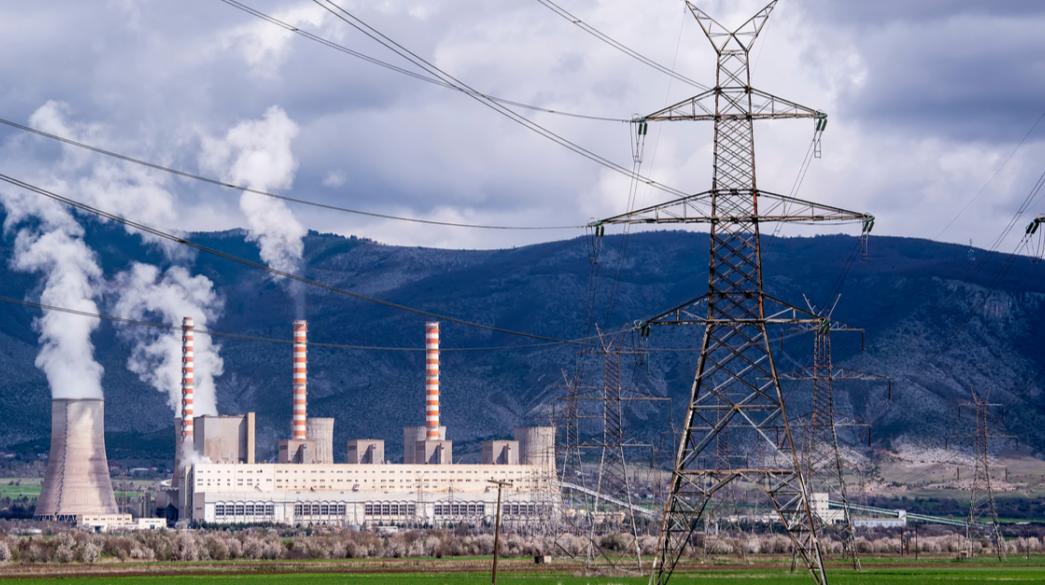Greece's cut in lignite consumption, an environmentally friendly energy plan to reduce the country's reliance on coal, seems to have been sacrificed in the great compromise between Europe's north-south regarding the future of the bloc's economy.
The new proposal put together by the President of the European Council Charles Michel, which was sent to countries as a basis for reaching an agreement, provides for a cut of 20 billion euros in the Just Transition Fund (JTF). This is one of the many sub-funds of the Recovery Fund, which, based on the commission's original proposal, created to help the most carbon-dependent member countries speed up their transition to environmentally friendly means by financing green investments.
Up until late yesterday, when discussions were continuing, the Michel proposal (if adopted) foresees a reduction of more than 50 percent in JTF resources. The fund, that had originally received 7.5 billion euros from the seven-year EU budget and an additional 30 billion euros from the Recovery Fund, will now be left with a total of 17 billion euros. This is due to a reduction in funds drawn from the Recovery Fund to 10 billion euros.
A move that is a part of funding cuts introduced by European leaders in a bid to set aside funds for grants to support the European economy, namely the Recovery Fund. At the same time, Michel's proposal drops the commitment from countries to achieve climate neutrality by 2050, as stated originally.
This meets a demand from countries such as the Czech Republic and Poland that, like Greece, are significantly dependent on coal in the face of the extraordinary conditions experienced by the European economy. A move that is understandable in the context of the need to reach an agreement between the "27", however, raises questions about the EU's months-long commitment that decarbonisation and a shift to a green economy are among its top priorities.
However, in response to concerns that the EU is withdrawing from its green commitments, Michel's proposal sticks to the original goal, ie that 30 percent of the new seven-year EU budget and the Recovery Fund deal with climate change.
Blow to Greek plans
The above is of particular importance for Greece where reducing lignite consumption is a key aspect of the government's strategy and which aimed receiving at least 2 billion euros from the JTF. A cut of 50 percent in the expected funds could affect the entire planning for the future of western Macedonia and Megalopolis, at a time when the initial projects have already started to take shape.
They include a large photovoltaic park from PPC, the largest in the country, with a capacity of 230 megawatts, respective large sized projects with Germany's RWE, together with requests from other private companies. In this vast area of 4,920 lignite acres of lignite in Western Macedonia, the first landmarks of this new era to come will be the mega-photovoltaic parks. In Kozani, Ptolemaida, Amyntaio and Florina, the giant photovoltaic parks planned by PPC, whose example will be followed by others, will be the first bridge projects that will contribute to the the area's future.


